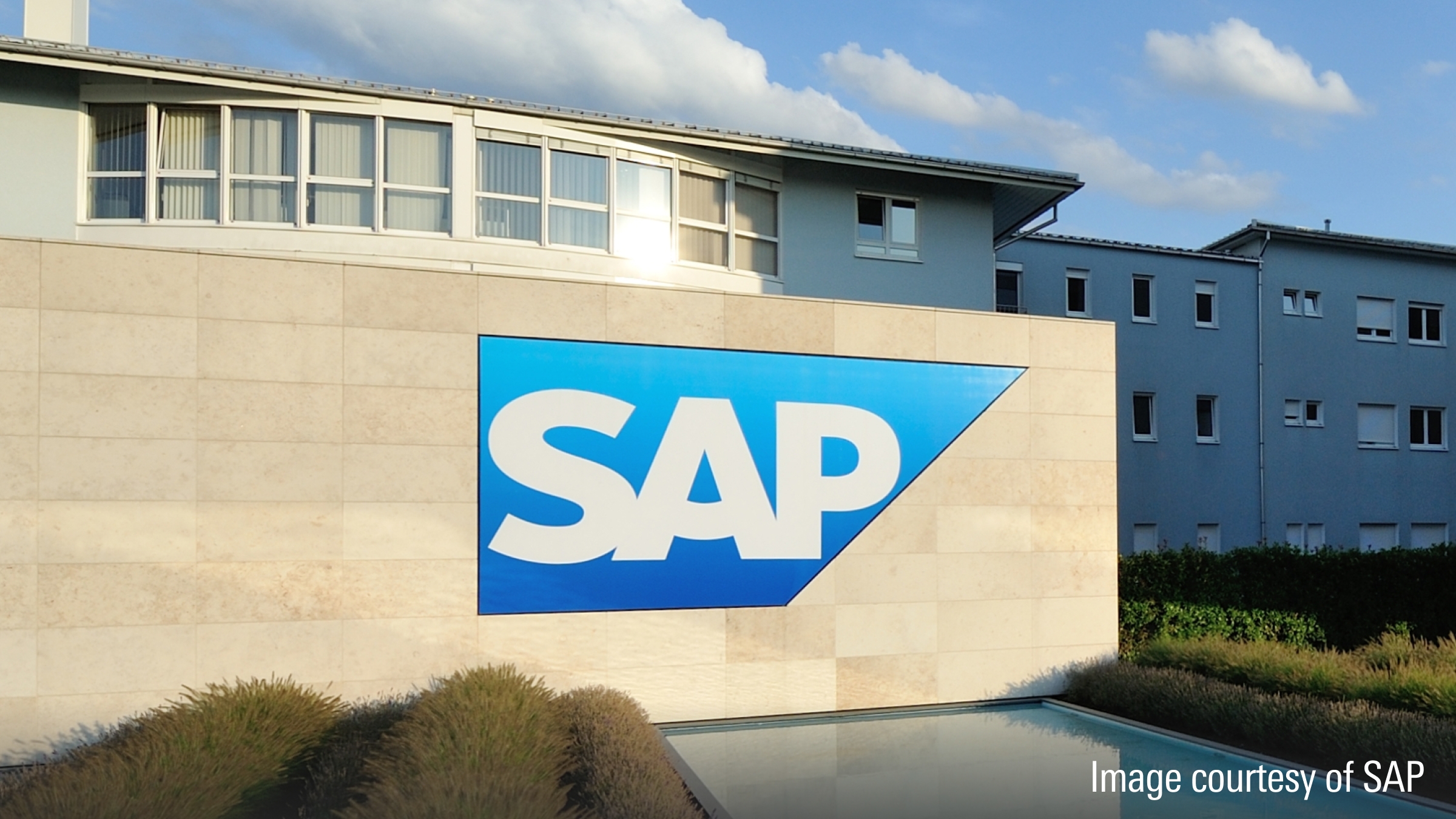Investeringskommentar, Brian Colello, Sector Director, 27/4/2016
Apple continues to face near-term macroeconomic and currency headwinds, reporting fiscal second-quarter results and providing investors with a third quarter outlook below our expectations on several fronts. Nonetheless, we think the iPhone business and iOS ecosystem remain structurally sound and don’t believe that Apple’s lack of growth points to a weakening competitive position or loss of customer loyalty. We still foresee a rebound in revenue and iPhone unit sales, perhaps as soon as this Fall with the iPhone 7. Yet with shares trading as low as $96 after hours, we think Apple is priced as if the iPhone has already peaked and is facing a prolonged secular decline. While the iPhone no longer appears to be a high growth business for Apple, we continue to believe demand will remain more resilient than what the firm’s stock price implies, as customer switching costs around the iOS ecosystem remain strong, in our view, and have the potential to expand over time. We will maintain our narrow moat rating and $133 fair value estimate for the firm and continue to view Apple as one of our best long-term investment ideas within the tech sector.
Apple’s revenue in the March quarter was $50.6 billion, down 13% year over year, which is the first quarterly revenue decline for the company since 2003. iPhone unit sales of 51.2 million were down 16% year over year; Apple cited softness in China and other emerging markets, but we also suspect Apple faced weakness in the U.S. and Europe as well. iPhone average selling prices fell 7% sequentially, which does not include any impact from the firm’s new $399 iPhone SE, but does reflect currency headwinds from a strong U.S. dollar and a less favorable product mix toward older phone models. Mac revenue fell 9% year over year, appearing to barely outperform the rest of the sluggish PC industry, while revenue from Other Products (including Apple Watch) of $2.2 billion was also noticeably below our prior estimates.
Bulls Say
- Between first-time smartphone buyers, people switching away from Android, and repeat sales to current customers, Apple’s iPhone business still has potential for further revenue growth.
- Apple's iPhone and iOS operating system have consistently been rated at the head of the pack in terms of customer loyalty, engagement and security, which bodes well for long-term customer retention.
- Innovation at Apple lives on with introductions of Apple Pay, Apple Watch, and Apple TV, each of which could drive incremental revenue but, more important, help to retain iPhone users over time.
Bears Say
- Apple’s recent decisions to maintain a premium pricing strategy may help fend off gross margin compression but could limit unit sales growth as devices may be unaffordable for many emerging market customers.
- Apple has a host of large tech rivals, many of which are willing to sell devices at bare-bones prices in order to earn income elsewhere.
- Apple’s less-than-stellar launches of Apple Maps and iOS 8.0.1 were near-misses that frustrated many users for short periods of time, but any other buggy software launches could diminish Apple’s reputation for building products that “just work.”
















